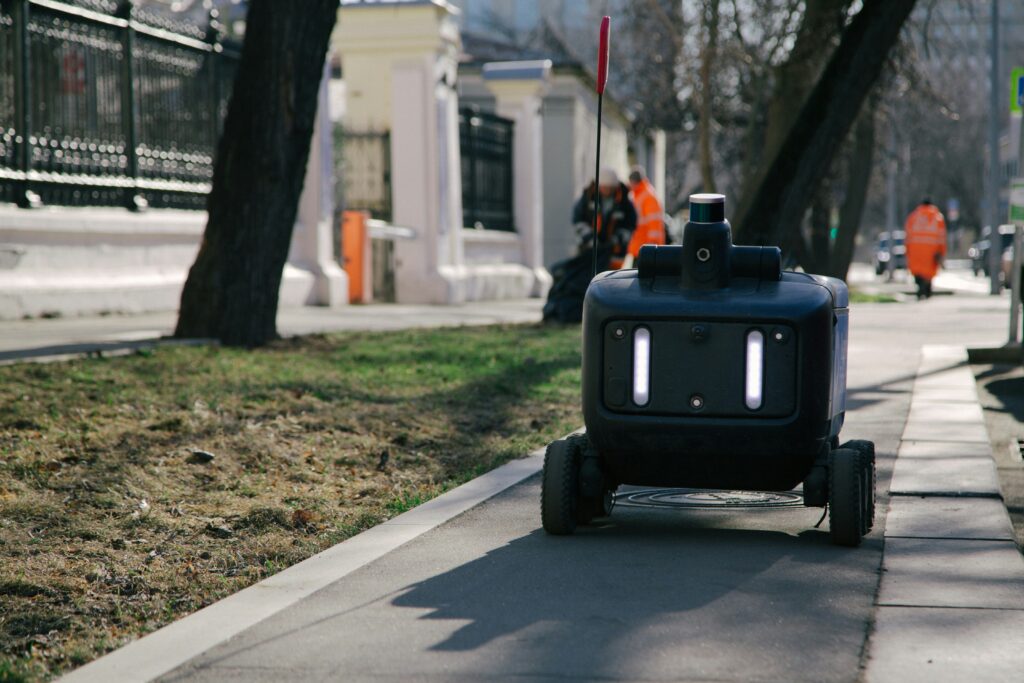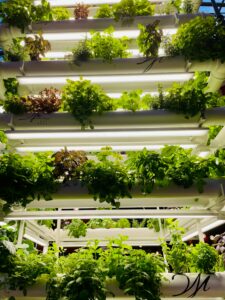Picture this: a world where your morning coffee is seamlessly delivered by a self-driving car to your doorstep. Sounds like a scene from a sci-fi movie, right? Well, it might not be as far off as you think.
With the rise of autonomous vehicles, companies like Waymo and Tesla are revolutionizing the way we think about transportation. These self-driving cars are equipped with cutting-edge technology such as lidar sensors and artificial intelligence algorithms that allow them to navigate roads with precision and safety.
But what about the logistics of delivering your daily dose of caffeine? Enter: autonomous delivery vehicles. Companies like Starship Technologies and Nuro are already testing out unmanned robots and vehicles to deliver groceries and packages in cities around the world.
According to a report by McKinsey, the global autonomous delivery market is expected to reach $84 billion by 2030. This rapid growth is fueled by the demand for contactless delivery options, especially in the wake of the Covid-19 pandemic.
But what does this mean for the future of traditional delivery services and jobs? While there are concerns about job displacement, proponents argue that autonomous delivery vehicles can complement and enhance human labor rather than replace it entirely.
As we zoom into this exciting new era of autonomous delivery, one thing is clear: the way we receive goods and services is evolving at a rapid pace. And who knows, your next cup of coffee might just be delivered by a robot.



